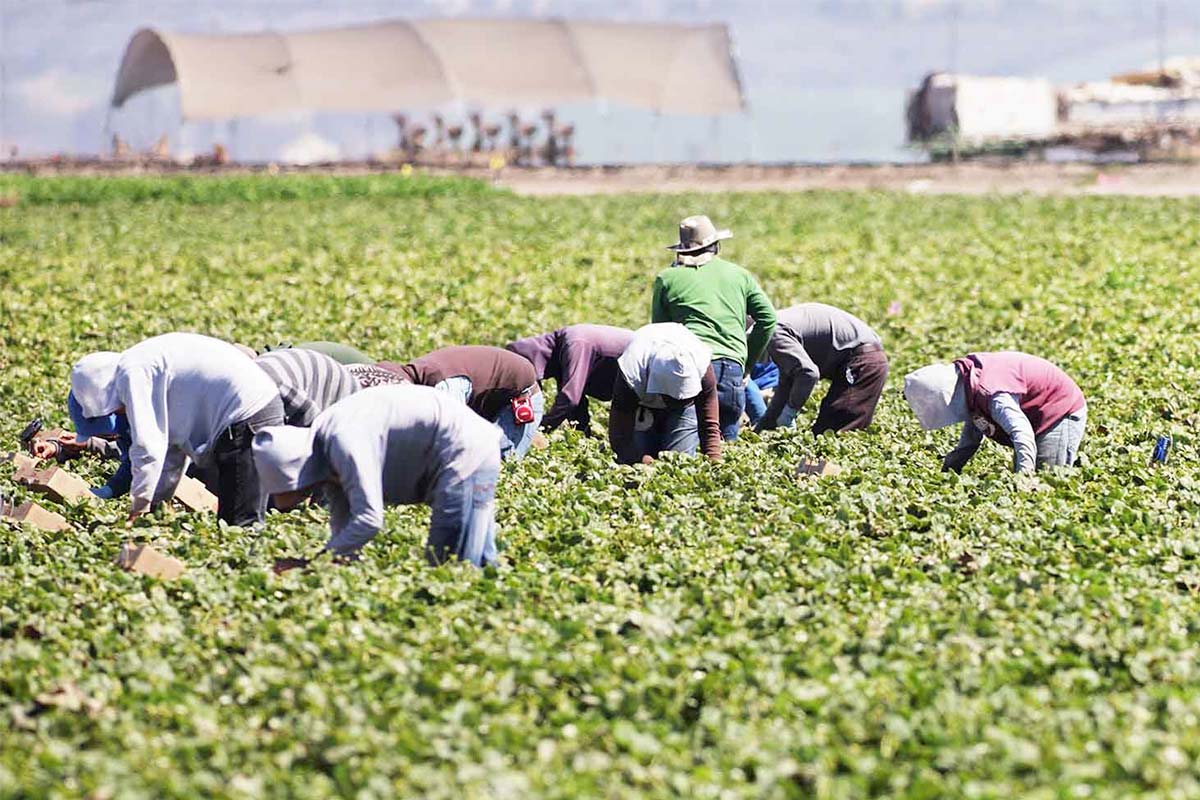In response to massive changes to the guest worker visa rules by Department of Labor (DOL) and the Department of Homeland Security (DHS), some of which take effect immediately businesses and immigration advocates have filed three separate lawsuits to challenge the rule changes. Each lawsuit seeks a preliminary injunction to prevent the rules at issue from going into effect.
In their lawsuits, the parties contend that the drastic nature of these rule changes will make it virtually impossible for many U.S. businesses to hire foreign workers, especially in high-demand fields, like STEM (Science, Technology, Engineering, and Math) fields. All three lawsuits attack the way that the respective federal agencies enacted the rules, which failed to provide for the typical public notice and comment period. These lawsuits also take aim at the faulty reasoning and lack of evidence in support of the rule changes.
It remains to be seen how long any injunctions granted by the courts in these cases would remain in effect, if granted. This is particularly the case due to the upcoming change in administration, which could result in reversal of many immigration policies enacted by the Trump Administration.
DOL and DHS Rule Changes
The lawsuits address three different rule changes. First, the DOL has increased the minimum salary that companies must pay to sponsor a foreign worker in a specialty occupation, which places the H-1B visa process out of reach altogether for many U.S. employers. In some cases, the required minimum salary increased by 50% or more. The salaries also are not equivalent to the salaries that American employees in the same or similar situations would receive. Second, DOL also increased the minimum salary for two other immigrant visa categories, which could lead to critical shortages of workers. The two DOL rules went into effect immediately. Finally, the DHS rule, which takes effect on December 7, 2020, redefines what constitutes a “specialty occupation” for the purposes of an H-1B visa, as well as places strict limitations on an employer’s ability to place H-1B visa workers at third-party worksites.
Three Lawsuits Challenge Rule Changes
The first lawsuit, filed by an information technology company organization in the U.S. District Court for the District of New Jersey, argues that the steep increase in required salaries is impractical without any prior notice to their industry, and that the numbers chosen are based on incorrect data. Economic research has backed up the allegations in this lawsuit, with some economic researchers concluding that the economic losses to 471 companies would exceed an estimated $100 billion as a result of the rule changes. Furthermore, the economic research showed that there was no evidence to support the DOL’s argument that foreign workers are being paid more than American workers in these positions, and thus, the guest worker visa program is not displacing American workers in any way. Furthermore, the studies that the DOL cited do not support its argument.
Purdue University, Indiana University, and various other higher education institutions and trade associations filed the second lawsuit in the U.S. District Court for the District of Columbia to challenge the method by which DOL enacted the rules. In this lawsuit, the plaintiffs argue that DOL failed to establish good cause for issuing a “Final Interim Rule” without the necessary public notice and comment period.
The third lawsuit, which the U.S. Chamber of Commerce and other colleges and universities filed in the U.S. District Court for the Northern District of California, also argues that both the DOL and DHS failed to prove good cause for skipping the required public notice and comment. This lawsuit also states that these federal agencies have no adequate explanation for enacting these rules and gave the affected constituents no opportunity to express objections or comments.
Learn More About How We Can Help
The attorneys at LBE Law Firm handle a wide range of cases, emphasizing various aspects of immigration law, including the facilitation of individuals and employers seeking guest worker visas. We also represent clients in employment-based visas, investment-based visas, and family-based immigration petitions. In addition to immigration law matters, we also regularly handle bankruptcy, family law, and other general legal matters for our clients. Contact our office today at 1-424-LBE-LAW4 (1-424-523-5294) (call, text, or WhatsApp) or via email at info@lbelawfirm.com.


